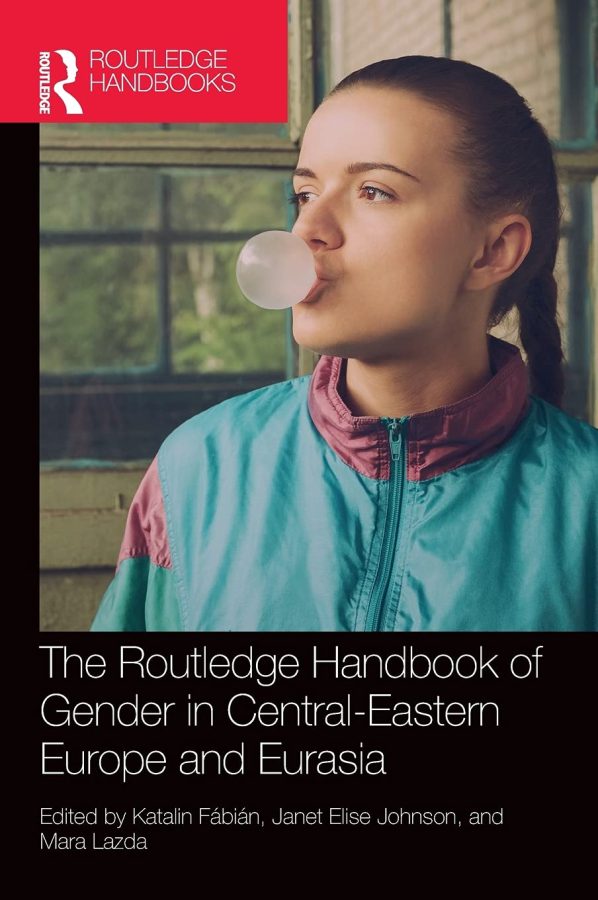Government and law professor Katalin Fábián was awarded the Heldt Prize – one of the most prestigious in her field – for “The Routledge Handbook of Gender in Central-Eastern Europe and Eurasia,” a volume that she co-edited with Janet Elise Johnson, professor of political science at Brooklyn College, and Mara Lazda, professor of history at Bronx Community College.
Fábián said that she was honored and a bit surprised to receive the award.
“I have never seen an edited volume get any award, ever,” she said. “And the Heldt prize is the biggest prize in anything with gender in this enormously big and insanely diverse part of the world.”
For winning the Heldt prize for best book in Slavic/East European/Eurasian women’s and gender studies, the co-editors were honored at an event hosted in Chicago. Each of the co-editors also received financial awards. Fábián said that they will be donating this money to an emergency fund for women and girls in Ukraine that is organized by Project Kesher, a non-profit that focuses on empowering women leaders “to build Jewish community and advance civil society,” according to its website.
Published by Routledge in 2021, the handbook surveys women’s and gender history and politics throughout Eurasia before, during and after the era of communism.
Drawing from several methodological fields to highlight the different debates in the field, Fábián said that she and her co-editors also focused on having a diverse set of contributors to the handbook.
“We wanted a cross-section of people in academia, so independent scholars, graduate students, beginning assistant professors and some old timers,” she said.
Fábián said that while the book itself took around six years to complete, it would not have been possible without all of the work they had done in their careers prior.
“It’s about six years. But earnestly, all of us have been studying this for the last 30 years plus as an academic,” Fábián said. “We couldn’t have pulled this through if we had not known the literature and the people.”
Consisting of 50 chapters, the co-editors divided up the work, with Fábián focusing on editing the sections about feminist and women’s movements as well as post-communist policy issues. However, she said that they all reviewed each other’s work and cooperated to write introductions for each section.
“We all reviewed the text,” Fábián said. “So you would see all three of us editing online. And then the person who was in charge of that part would be corresponding with authors.”
The handbook comes at a time when gender issues are increasingly politicized.
“Contemporary autocrats and dictators consider [it] against the nation, against the family, against Christianity against fill [in the blank]. They portray it as unhealthy, unacceptable, decadent, destructive. So it has had more political meaning than I ever expected,” she said.
Noting that scholars have already begun using the handbook in their classes, Fábián said she is “just delighted that people find it useful.”























































































































